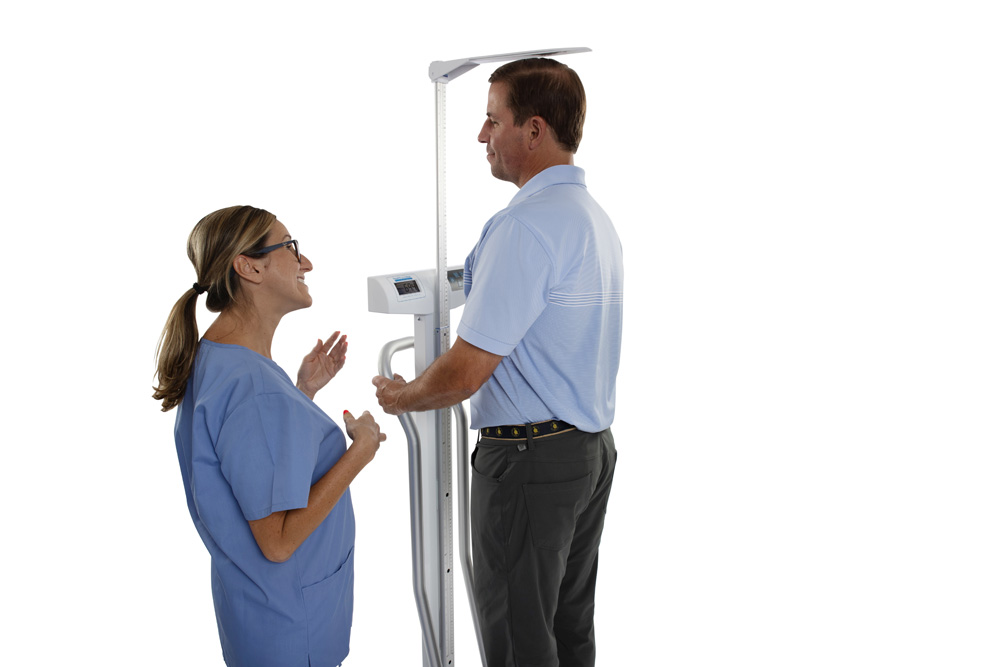When you visit your doctor, one of the first things you’re likely asked to do is step on the scale. While it may feel like a minor and routine task, this simple measurement provides essential information about your health. Here’s why your weight check is more than just a number—it’s a critical part of personalized care.
Monitoring Overall Health
Your weight serves as a key indicator of your general well-being. Significant fluctuations—whether gain or loss—can point to potential health concerns. For example:
Unexplained weight loss might signal conditions like hyperthyroidism, diabetes, or even certain cancers.
Weight gain could be linked to issues like hypothyroidism, heart disease, or fluid retention.
Healthcare providers can identify and address these changes by tracking your weight.
Ensuring Accurate Medication Dosage
Many medications rely on weight-based dosing to be safe and effective. For example:
Antibiotics and pain relievers must be dosed precisely to work without harmful side effects.
Chemotherapy drugs and anesthesia require exact calculations based on weight to minimize risks.
Regular weigh-ins ensure that you’re receiving the proper treatment every time.
Assessing Growth and Development in Children
For children and adolescents, tracking weight alongside height helps monitor proper growth and development. Pediatricians use this information to:
Compare growth patterns against standard milestones.
Identify deviations that might signal underlying issues, like nutritional deficiencies or hormonal imbalances.
Early intervention can help address potential concerns, ensuring healthy development.
Managing Chronic Conditions
Weight plays a significant role in managing chronic illnesses such as:
Heart disease: Sudden weight gain could indicate fluid retention, signaling a need for immediate attention.
Diabetes: Weight changes can impact blood sugar control and treatment plans.
Kidney disease: Tracking weight helps detect fluid buildup or changes in overall health.
Consistent monitoring allows your doctor to fine-tune your care and respond to new developments.
Preventing Obesity and Related Diseases
Obesity is a major risk factor for conditions like type 2 diabetes, hypertension, and cardiovascular disease. Regular weight checks provide an opportunity for:
Identifying trends early, before significant health complications arise.
Discussing preventive measures, such as diet, exercise, and lifestyle changes, to maintain a healthy weight.
Proactive conversations with your doctor can help you stay on track and avoid future issues.
Tracking Progress Toward Health Goals

Regular weigh-ins provide measurable feedback if you’re working on a weight-related goal—whether for medical reasons or personal health. This can:
Keep you motivated by showing progress over time.
Allow your doctor to adjust your plan for optimal results.
These check-ins ensure your journey toward better health is both safe and effective.
Conclusion
While stepping on the scale may feel like a minor part of your doctor’s visit, it plays a significant role in maintaining and monitoring your health. Your weight measurement is a cornerstone of personalized care, from identifying early warning signs to managing chronic conditions and tracking progress.
So, the next time you’re at the doctor’s office, remember that taking a quick step on the scale is an important part of staying healthy and thriving.
 Bridge Healthcare
Bridge Healthcare 